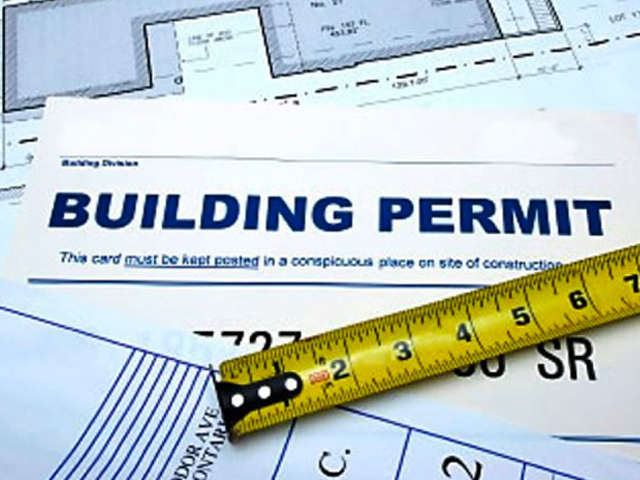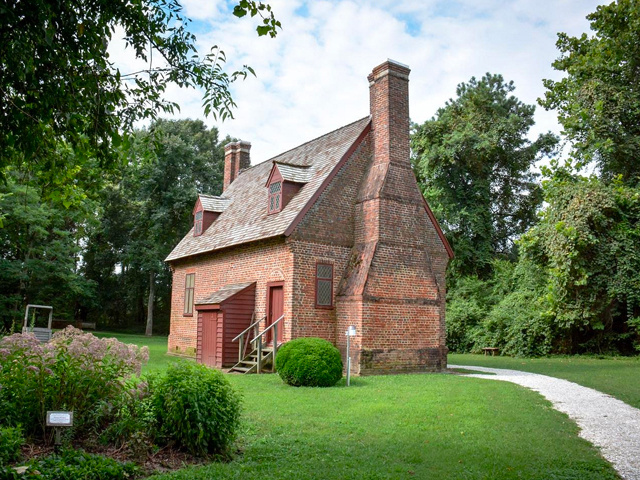Be In The Know
How Does the Real Estate Assessor Determine Property Values?
Virginia Beach property tax assessments increased an average of 5.6% for the 2026 fiscal year. Here’s how that process works.

City leaders are charged with the weighty task of balancing the diverse interests and needs of residents and local businesses against the municipal government’s limited resources. The City supplies services such as public education, infrastructure (roads and bridges, for example), public safety (fire, police, EMS and 9-1-1), libraries, parks and more. The money to pay for these services is then recovered through taxation. And, in Virginia Beach, real estate taxes are the largest source of revenue used to pay for them.
By many accounts, Virginia Beach does a good job of striking this balance. Over the past several years, numerous third-party outlets have rated the City among the best managed cities and best places to live in the country.
Property owners in Virginia Beach pay real estate taxes based on how much their property is worth. The value of all real estate in the city is then evaluated against the City’s costs for providing services. This is a major factor in determining what the real estate tax rate should be to help achieve a balanced budget.
But, how does the City determine what is a fair valuation of an individual property?
State law and City Code require the City’s real estate assessor to regularly assess properties in Virginia Beach with the primary goal of fairness and equity. The annual reassessment process involves updating the assessed value of each property to ensure it is consistent with what the property is worth on the open market. This does not necessarily result in increased assessments for all properties, and neighborhoods may appreciate or depreciate at different rates. Commercial properties may differ, as well, based on how the market reacts to changing trends. Each annual assessment is an estimation of the sale price a property would bring if sold at the time the assessment was made.
Some people mistakenly believe that when the City needs funds for a special project, the real estate assessor can arbitrarily increase assessments to cover it. This is not accurate. In fact, property taxes are determined by a formula – the assessed value multiplied by the tax rate – and a property’s assessed value is just one factor in that formula. Elected leaders determine the real estate tax rate relative to budget needs, and City Council also takes into consideration budget cuts rather than tax increases. The real estate assessor doesn’t determine the taxes property owners pay, but the property value to keep payments as equitable as possible.
Imagine for a moment that three friends met up for dinner. One ordered just a lemonade, another ordered a chicken sandwich, and the third ordered steak and lobster. The bill is $90. Splitting the check evenly wouldn’t be fair to the person who only ordered lemonade and likely not fair to the person who ordered the chicken sandwich either. Most people would agree that it would be more equitable for each friend to pay relative to the price of what they ordered.
Property taxes are determined in a similar way. For local governments to equitably distribute the tax burden amongst property owners, the real estate assessor’s role is to determine the value of different properties. A 30-year-old, 600-square-foot, one-bedroom condo in the middle of town is like the lemonade in the example, and a 5,000-square-foot, brand new, six-bedroom mansion on waterfront property is like the steak and lobster dinner. The real estate assessor’s job is to determine the value for the wide range of properties on the “menu.” In doing so, City leaders will know what the equitable share of the tax bill is for all properties.
To determine this, city assessors often use a sales comparison approach in which they evaluate similar properties nearby that have sold. They consider the sale prices, terms and conditions of the sale and features such as:
- Square footage and number of bedrooms/bathrooms
- Land (how large is the lot?)
- Quality of construction and how well the property has been maintained
- Amenities (for example, Does it have a pool or fireplace?)
- Age
- Improvements (kitchen remodels, for example)
- Location (for example, Is there a great view? Is it close to restaurants and shops?)
In all cases, an assessor considers additional methods to assign value to a property. The cost approach estimates the current costs of material and labor that would be needed to replace a home with one of similar quality and function factoring in depreciation and improvements. This method works well for appraising special purpose and unique properties that have a limited market base. A third method, the income approach, values revenue-producing capabilities of a property and reviews market data derived from commercial properties. This approach is widely used to assess commercial income-producing properties.
Changes in value are typically the result of local real estate market sales or major changes to a property. Remodel a kitchen or add on a bathroom, and your property’s value could increase. If homes are appraised at a time when the market is saturated with a lot of buyers and not enough inventory to accommodate all of them, buyers might pay more for a home, which could influence properties across the board to be appraised for a higher value. Similarly, if an appraisal occurs during a “buyer’s market,” one that’s saturated with many homes but few buyers, properties may appraise lower.
Have questions about your assessment? You can appeal it.
Assessments should have arrived in your mailbox earlier this week, but you may also look up information about a property by searching using the address at VB Property Search.
If you have questions about your property, you are encouraged to contact the Real Estate Assessor's Office. Hearings to review assessments are scheduled from March through April 30.
More information about the appeals process, including the necessary forms, are available at Assessor.VirginiaBeach.gov.
Keep Reading
See All Posts
March 2, 2026
Virginia Beach State of the City and Events Hosted by Council Members Happening in March
-
Calendar News Blog Hot Topics Multimedia Social Media Mobile Apps










